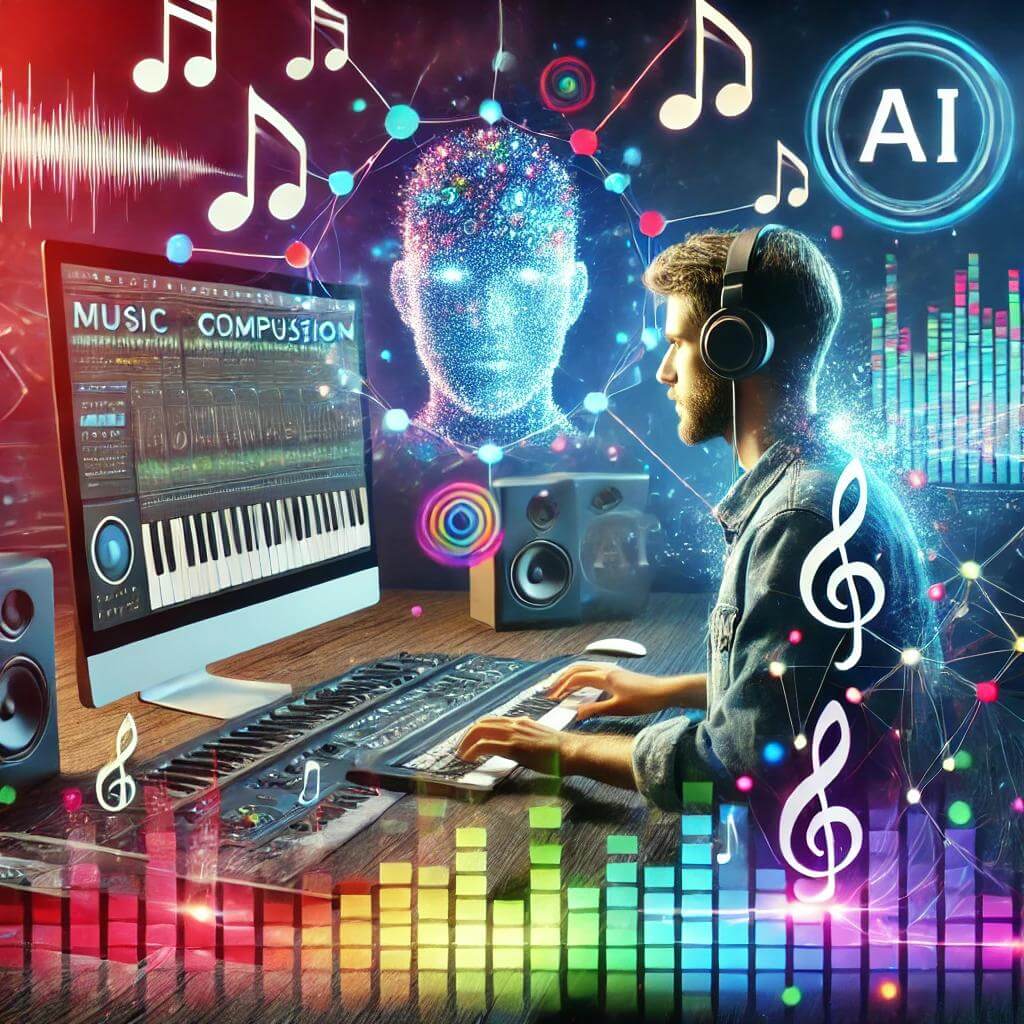AI and Personalized Music Recommendations
In today’s music streaming landscape, platforms like Spotify and YouTube Music have revolutionized the way people discover music. Gone are the days of creating manual playlists or searching for new artists. Instead, artificial intelligence (AI) takes charge, learning your music taste and curating personalized playlists to suit your preferences. But how do these platforms really “know” your taste?
Understanding Recommendation Algorithms
Recommendation algorithms form the backbone of personalized music recommendations. By analyzing user behavior, these algorithms predict what a user might want to hear next, creating a more engaging and enjoyable listening experience. Most recommendation systems employ a combination of content-based filtering and collaborative filtering to tailor suggestions.
Content-Based Filtering focuses on identifying features within the music itself. For instance, it may analyze song characteristics like genre, tempo, or mood. If you enjoy a particular style, content-based filtering will suggest similar songs.
Collaborative Filtering leverages data from other users. This means that if others who share similar music tastes with you listen to specific songs, those songs may also be recommended to you.
| Algorithm Type | Description |
|---|---|
| Content-Based Filtering | Analyzes music characteristics like genre, mood, and tempo |
| Collaborative Filtering | Suggests music based on the preferences of other users with similar taste |
AI’s Role in Curating Playlists
AI is integral to platforms like Spotify, where users are presented with curated playlists such as Discover Weekly and Release Radar. Through machine learning, these playlists are personalized to each user’s taste, making music discovery seamless.
Discover Weekly offers a fresh playlist every Monday based on your listening history, while Release Radar updates every Friday with new releases by artists you follow or artists that align with your music taste. These curated playlists work by gathering and analyzing your historical listening data and pairing it with broader music trends.
How AI Customizes Playlists
- Analyzing Listening Habits: AI examines the frequency, duration, and timing of when you listen to certain tracks.
- Incorporating User Interactions: Actions such as liking songs, adding songs to playlists, and even skips contribute to AI’s understanding of preferences.
- Adapting Over Time: As your music preferences evolve, the AI adapts, ensuring that playlist recommendations stay relevant.
Analyzing User Behavior: How Platforms Understand Your Taste
AI doesn’t just analyze what you listen to; it goes deeper, taking into account user actions and even emotional context. Platforms like Spotify and YouTube Music monitor several user behaviors to refine their recommendations:
- Listening Duration: How long you listen to a song can indicate whether you genuinely enjoy it.
- Track Replays: Replaying a song suggests it’s a favorite, leading the platform to recommend similar music.
- Skip Behavior: Skipping a song frequently is a sign that the user isn’t interested, and similar music is avoided in future recommendations.
Emotional Impact of AI Recommendations
One of the most advanced elements is AI’s ability to recognize emotional context. For example, if you consistently listen to calm, instrumental tracks in the evening, the AI may deduce that you prefer relaxing music during that time of day. Consequently, it will recommend similar tracks for your evening listening.
The Impact of Personalized Recommendations on Music Discovery
Personalized music recommendations are a game-changer for music discovery, offering a unique experience for every listener. Listeners are introduced to new artists, genres, and styles they might not have encountered otherwise. The implications are substantial, with AI-generated recommendations boosting engagement and user satisfaction.
Key Benefits for Listeners:
- Enhanced Discovery: Discover new music based on personal taste, expanding your music library.
- Convenience: AI suggestions eliminate the need to manually search for music, saving time.
- Improved Experience: With tailored playlists, users feel more connected to the platform.
Future of AI in Music Recommendations
The future of AI in music recommendations promises even more personalization and accuracy. Here are some trends to watch for:
- Hyper-Personalized Recommendations: AI will continue to become more attuned to individual user preferences, with the ability to predict music preferences with incredible precision.
- Enhanced Mood Detection: AI algorithms are expected to better identify users’ moods and suggest songs accordingly.
- Integration of Contextual Data: As wearable devices become more prevalent, AI might incorporate data such as heart rate or weather conditions to better match music to a listener’s mood.
Conclusion
AI-driven personalized music recommendations have changed how we listen to and discover music, making it easier to find new tracks that match our tastes. With platforms like Spotify and YouTube Music utilizing complex algorithms to analyze user behavior and preferences, listeners are introduced to a world of music that fits their unique style. As AI continues to evolve, the future of music recommendation systems looks promising, ensuring a continually enriching music experience.


Post Comment